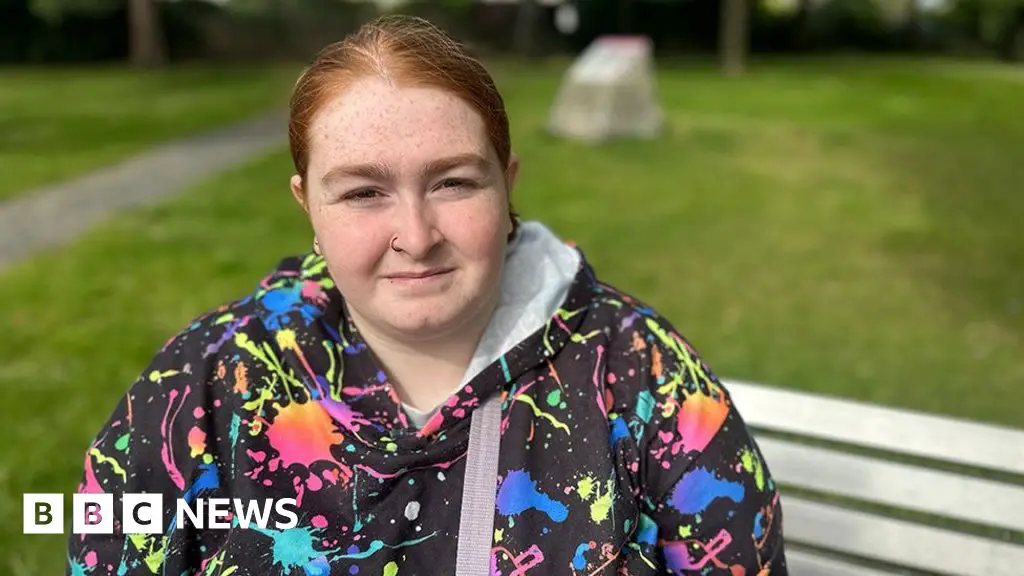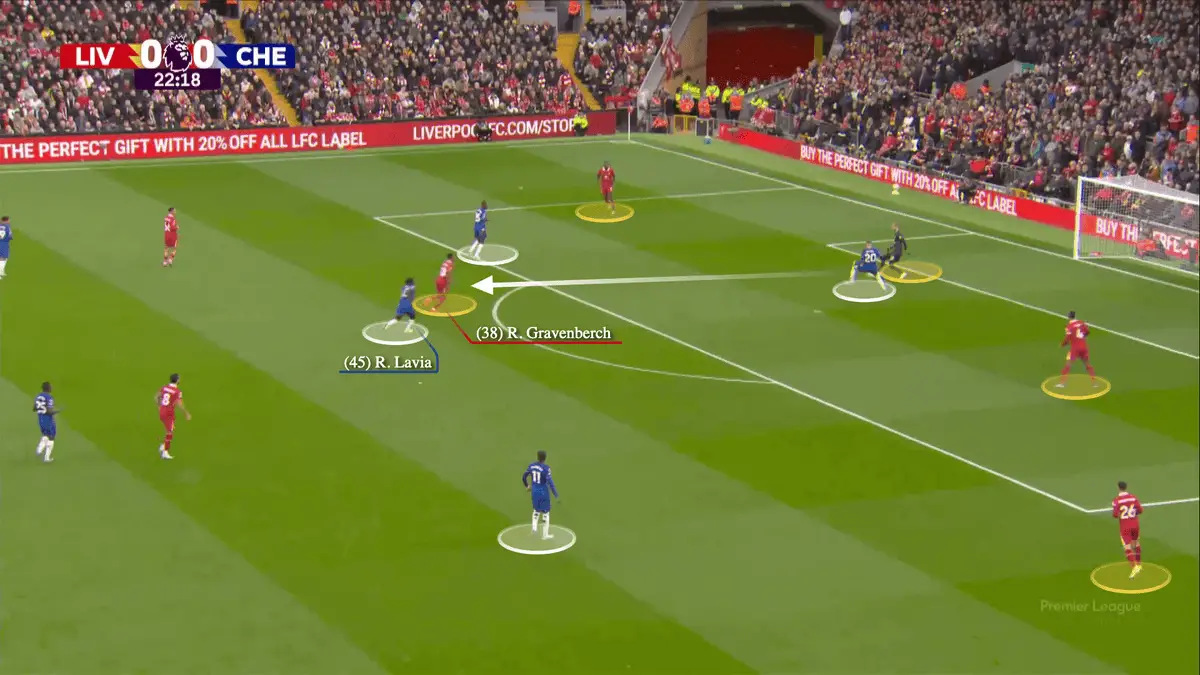
The body that speaks for independent special schools in England and Wales says that for local authorities, and for many families who have children with complex needs, these establishments provide an important way of meeting demand.
“You’re getting a holistic service which has been shown to make a big difference to long-term outcomes,” says Claire Dorer, CEO of the National Association of Special Schools.
“Teaching and learning is hugely important, but so too is addressing mental health concerns and addressing trauma. And you’ve got many independent schools which are well resourced to do that with on-site provision, generally in stark contrast to state-funded provision.”
Independent schools in the UK must be registered with the education authority in their nation and be subject to standards inspection there.
However, they do not need to employ qualified teachers (except in Scotland). We found out that in one school there were just three qualified teaching staff out of 22. A parent also told us about a school where a cook from another school had been moved and employed as a teacher.
The schools can also opt out of following the SEND code of practice and, unlike state schools, they can exclude pupils for non-disciplinary reasons.
Some families who spoke to the BBC wanted to do so anonymously because they have children who are still in school and are worried about jeopardising their places.
Meanwhile, Charlene’s attempts to raise concerns at her daughters’ school had little effect, and within the space of a year, Isla and Skye – and nine other children – had left.
For the past 18 months, the girls have struggled at home, unable to find another school that can meet their needs, and Charlene is worried about their future.
“It is bleak,” she says, “Isla should be going into year nine, starting to look at what GCSEs she wants to do and what she wants to do for her future. But she really hasn’t had an education for so long now.
“It’s really worrying. Where do we go from here?”








